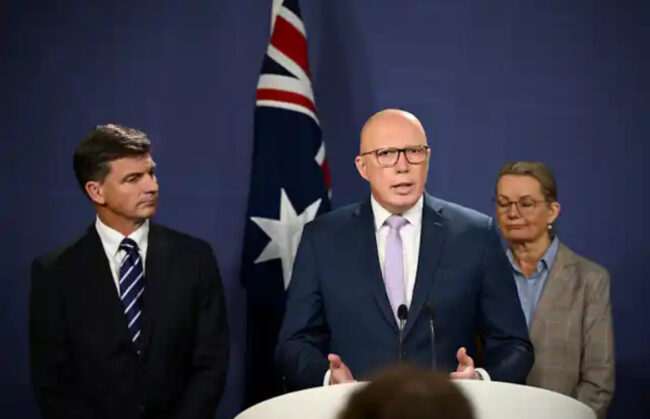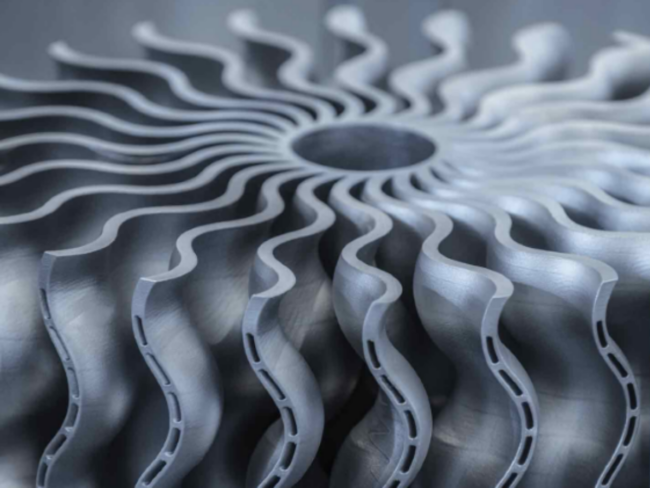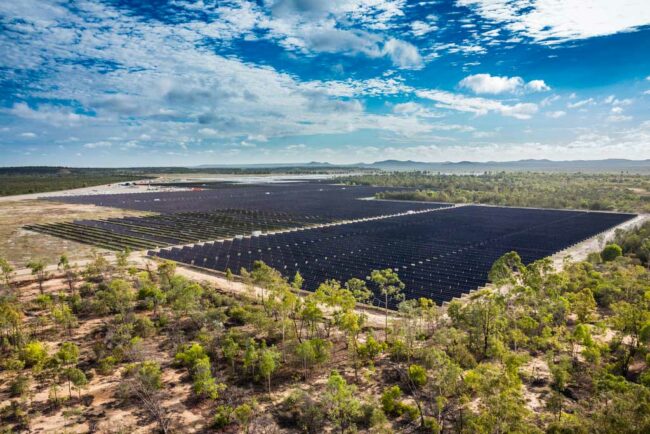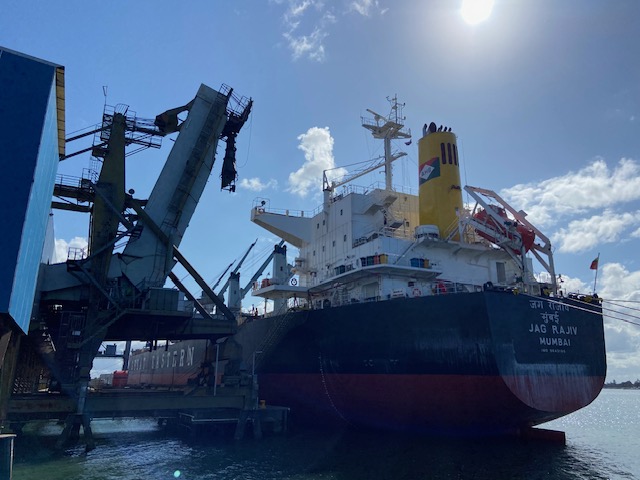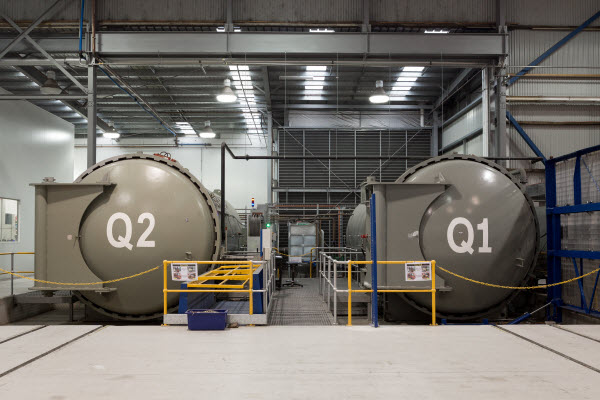Few Australian companies even perform R&D – R&D scorecard
The Australian government used to publish a Business R&D Investment Scorecard, providing insight into how companies are investing in their future. Here John H Howard, Victor Pantano and Cameron Begley produce their own scorecard – which suggests fewer Australian companies are bothering with R&D. R&D scorecards are vital tools for policymakers. They provide essential data…



